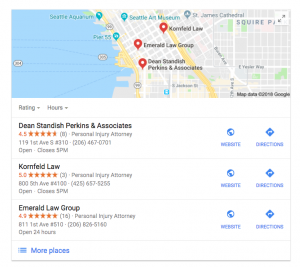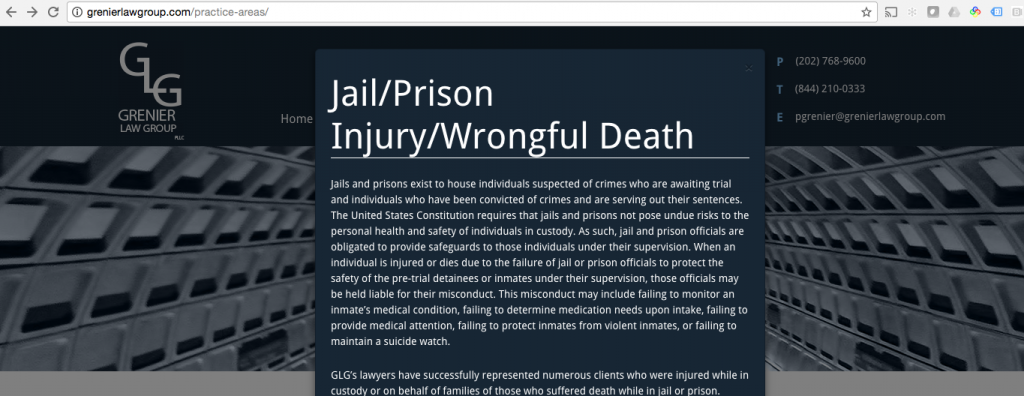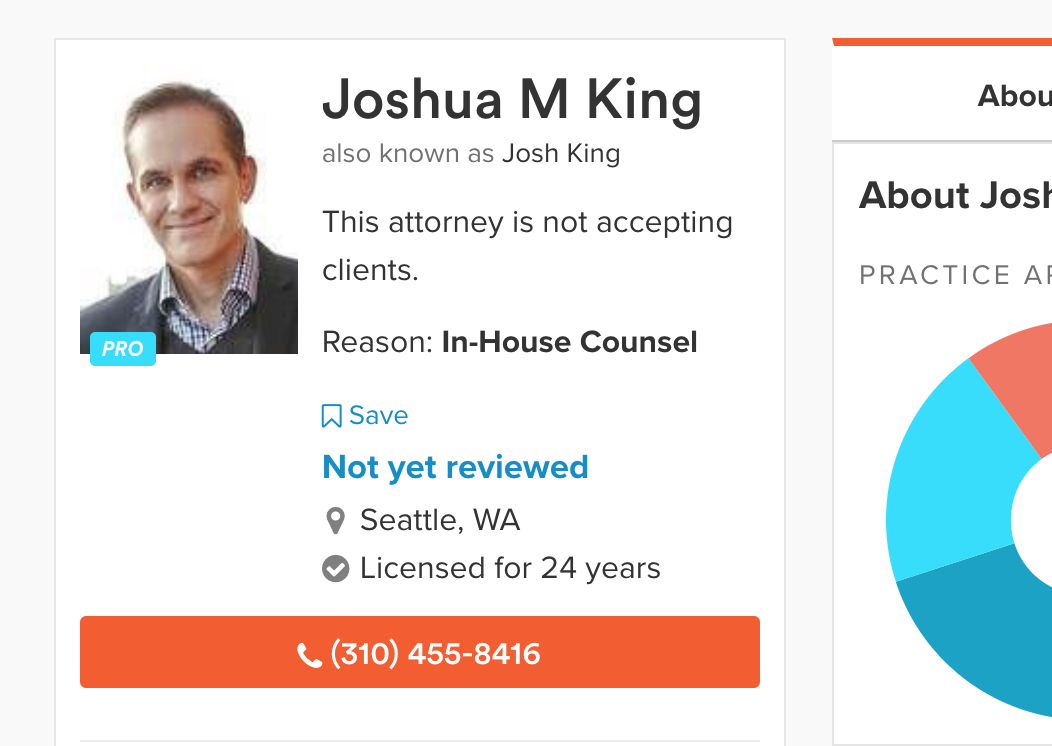At every single legal marketing conference I’ve ever been to, I hear agencies, thought leaders, gurus, ninjas, and experts teaching pitching from the podium returning to that good old standard metric:
“ROI”
It’s one of those easy ways for agencies to make it sound like they are business focused and have their clients’ well beings top of mind. – “maximizing ROI” – “ROI driven campaigns” “websites that deliver ROI”.
And I’m quasi guilty as well. One of my favorite refrains is that marketing should be looked at as an investment and not a cost. And it should. But calculating ROI is so far beyond the reach of marketing agencies that none of them should be using the catchphrase at all. But let me step back first:
Let’s start with this: you lawyers don’t know what ROI is. At the last conference I spoke at, I surveyed the 200 people in the audience asking someone to raise a hand and tell the group what ROI was. Crickets. So, as you are reading this, ask yourself, honestly, what is the formula for ROI? What’s a good ROI and what’s a bad ROI? How is ROI expressed…. a dollar value? a ratio? a percentage? Stumped? Uncertain? Don’t worry – you aren’t alone – your agency probably has no idea how to calculate ROI either. Ask them on your next review when they tell you they are optimizing your SEO for ROI. Bleckkkk.
First you must understand the basics of ROI. In investment terms, this is the (gain from the investment – cost of the investment)/cost of the investment. To translate this to legal marketing, it is the (gain from the client – cost of the marketing)/cost of the marketing. Simple right? The key is the nuance around the word “gain”. In the legal world, gain = revenue – costs. So in the legal world, you need to know not only the revenue generated by a certain case, but also the cost associated with generating that revenue. Now, depending on your practice area, most of you can probably guess at the first: revenue. But very few of you have internal cost accounting systems sophisticated enough to accurately track and report on the second (i.e. the cost of working on a case – not the billables, but the actual cost). And if you did have both revenue and cost – are you sharing those figures with your agency (you should, but that’s another conversation altogether.)
Without access to both of these numbers, your agency has absolutely no way of tracking ROI, yet alone optimizing it. Which is why, many of them talk about ROI in their marketing copy and pitch decks, but none of them actually report on it in their monthly reviews. So the next time you hear an agency talk about ROI – ask them what it is.





